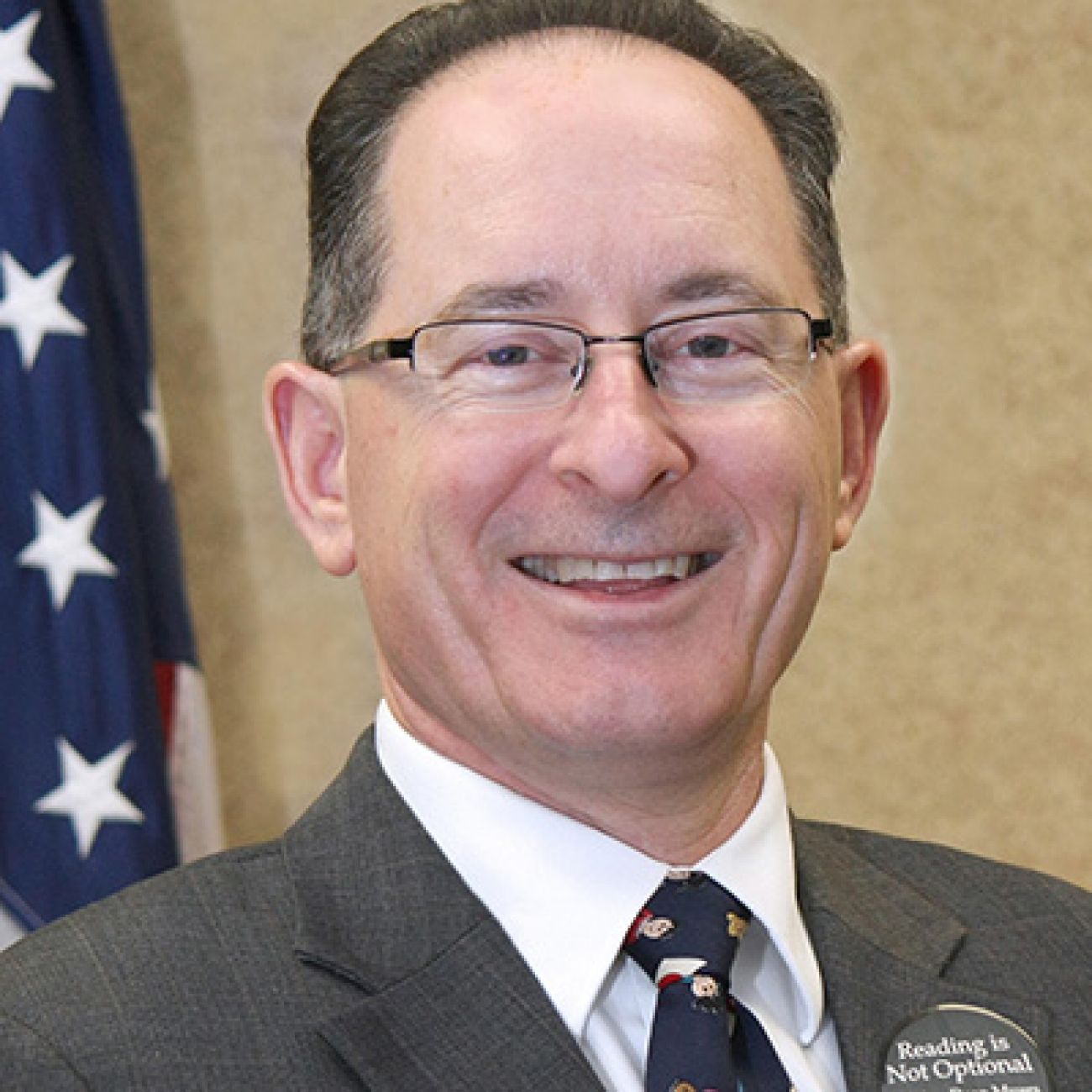Opinion | Forgetting Black history and banning books are horrible ideas
We should teach the full breadth of our literature and history and wrestle with the complexity of our history, rather than limit our children’s knowledge and have our children suffer the adverse impacts of ignorance.

In 1926, noted black historian Carter G. Woodson and the Association for the Study of Negro Life announced the second week of February as Negro History Week. In 1976, President Gerald Ford declared February Black History Month. Today, we continue to honor the contributions of blacks to U.S. history.
Last month, the Michigan Department of Education hosted our third diversity in literature webinar in the last year, for which more than 1,100 educators registered.
Dr. Rudine Sims Bishop, professor emerita at Ohio State University, once wrote that all children need to see themselves (mirrors) and others (windows) in their literature and to be able to enter others’ worlds through their literature (sliding doors).
February 1 was the birthday of one of America's greatest authors, Langston Hughes. In a career that spanned decades and genres, Hughes—well known for his poetry—also wrote Fight for Freedom: The Story of the NAACP.
Black history is not simply black history; it’s American history. The history of blacks is inextricably a part of the history of our nation, as the histories of all our people are inextricably parts of our nation’s history. You can’t separate history from history simply because you find it convenient to do so.
Our children should learn major aspects of our judicial, statutory, and constitutional history.
They should learn about Plessy v. Ferguson, the 1896 U.S. Supreme Court decision that “separate but equal” public facilities were constitutional. They should learn about Brown v. the Topeka Board of Education, the 1954 U.S. Supreme Court decision that unanimously overturned Plessy and ruled that separate public facilities were unconstitutional. They should learn about Dred Scott v. Sandford, the 1857 U.S. Supreme Court decision that blacks, whether free or enslaved, could not be American citizens and therefore had no standing to sue in federal court.
Many of us were taught that the Emancipation Proclamation abolished slavery forever and everywhere. In fact, it abolished slavery only for the remainder of the Civil War, and only in confederate states, not in border states that permitted slavery but did not secede.
It would take amendments to the U.S. Constitution to permanently abolish slavery (13th amendment, December 1865), to provide citizenship for all those born or naturalized in this country (14th amendment, 1868), and to provide the right to vote irrespective of “race, color, or previous condition of servitude” (15th amendment, 1870).
In many southern states, though, blacks were still fighting for the right to vote into the 1960s. It would take injuries and deaths of many before Congress, amidst marches and rallies and political lobbying, passed the Civil Rights Act of 1964, which banned segregation in public accommodations, and the Voting Rights Act of 1965, which protected a fundamental aspect of citizenship that had been made a part of the Constitution almost a century earlier.
The U.S. Constitution is arguably the greatest document in U.S. history. Imagine the irony, then, when I suggest that these lessons of this document be taught to our children, and some people react as if the suggestion would harm our children.
Our social studies teachers have not just the right but the responsibility to teach about this history.
There are bills in the state legislature that, if passed, would deliberately undermine the teaching of the full breadth of U.S. history or, at a minimum, put a chill in educators who seek to teach this breadth of history. These bills engage in their own form of cancel culture.
Michigan is a diverse state, in a diverse country. Our young people are diverse and deserve to be prepared for a diverse world. As we become more diverse, some have creaked back into the past to aid their cause, including book banning. Remember, you ban it — you fan it.
Recently, I read about a local school district in another state that banned Maus, a graphic novel about the Holocaust. When I first read Maus, I was prepared to dislike it as a graphic novel that could inadvertently trivialize the Holocaust. I was wrong. The format didn’t undermine the teaching of the Holocaust; it somehow helped students understand the Holocaust.
Imagine my surprise when I learned that the book had been banned. I re-read it. I wanted to see the offensive language and pictures that had led to the book banning and wanted to understand what was more offensive than the killing of 6 million Jews and millions of others who had been considered inferior races of people to the Nazis. I found nothing that deserved to be banned.
Maus isn't the only book to be banned lately. Like Langston Hughes, the late black author Toni Morrison was also born this month: February 18. Morrison won a Pulitzer Prize in 1987 for her novel Beloved and a Nobel Prize in Literature in 1993. Yet that didn’t stop her books, including The Bluest Eye and Song of Solomon, from being banned in some schools across the country.
The long-time failure in some cases to recognize diverse literature and comprehensive history instruction — including the teaching about history of race and racism — and the deliberate exclusion of diverse literature and comprehensive history instruction in other cases do a disservice to our children, who need to learn broadly about the literature and history of their country… and others’ countries as well.
To say that we shouldn’t teach about the superiority of one people over another may seem legitimate, until one reflects that the Holocaust, slavery, Jim Crow, and other aspects of our history were founded on the indefensible belief that some are superior to others.
To teach about these and many other aspects of history is not for the purpose of making anyone uncomfortable, but the history may inevitably make many uncomfortable. So, too, though, the ignoring or plowing under of history leaves its own marks, far more enduring, far worse.
To read the full comments Dr. Rice presented on this subject at the February 2022 State Board of Education meeting, click here.
See what new members are saying about why they donated to Bridge Michigan:
- “In order for this information to be accurate and unbiased it must be underwritten by its readers, not by special interests.” - Larry S.
- “Not many other media sources report on the topics Bridge does.” - Susan B.
- “Your journalism is outstanding and rare these days.” - Mark S.
If you want to ensure the future of nonpartisan, nonprofit Michigan journalism, please become a member today. You, too, will be asked why you donated and maybe we'll feature your quote next time!




